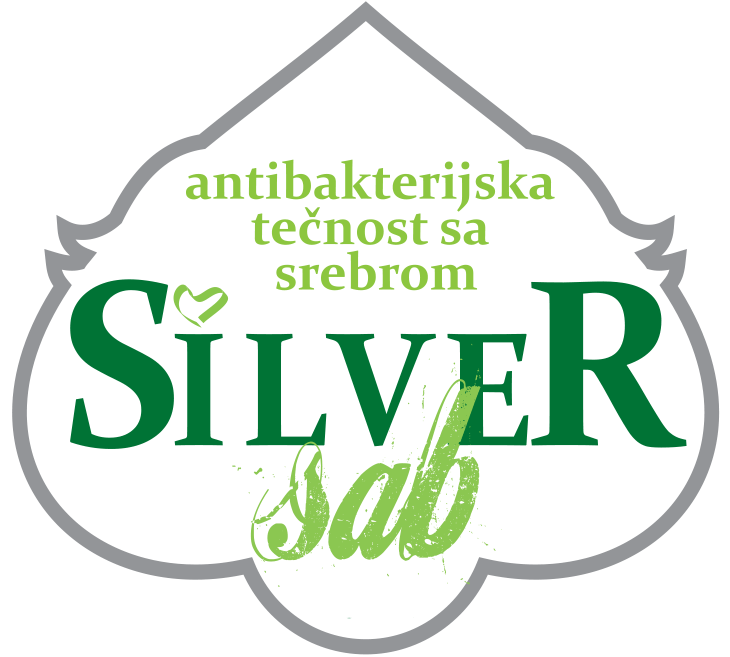- +381 13 366 163
- info@silver-sab.rs
THE SILVER SAB PRODUCT IS CERTIFIED ACCORDING TO ISO, HACCP AND HALAL STANDARDS.
HACCP (Hazard Critical Control Points Analysis) is a food safety system based on the analysis and control of potential biological / microbiological, chemical and physical hazards to which raw materials are exposed, as well as possible hazards during handling, production, distribution and consumption of the final product. HACCP system is adapted to all types of food products and all kinds of production and handling of food.
HACCP system consists of two basic components: HA and CCP. HA represents a risk analysis, i.e. it represents hazard identification at every stage of food production, as well as the human health hazard evaluation. CCP (Critical Control Point) represents steps in the production process that can prevent or eliminate the risks to food safety or their impact can be reduced to an acceptable level. Simply, they can be controlled.
1. Hazard – Health hazard in a particular point in the manufacturing process of the food
2. Analysis – Hazard Analysis of possible contamination of the product at each step in the process
3. Critical – Determination of critical points in the process related to health safety of the product
4. Control – Control of critical points of the process
5. Point – Points in a food manufacturing process
HACCP system identifies and controls the health hazards which represent a high risk for food safety. Its main features are that it is based on science, it works preventively, it uses riss assessment as a tool, and it is systematic, documented and applicable.
The ultimate goal of HACCP is the safest possible product and the most economical and efficient production the can be. Even if it does not always provide a hundred percent safety fo users, HACCP ensures that the company produces food in the best and safest possible way.

ISO 9001: 2015 is an international standard aimed at increasing the efficiency of the organization through the use of a process approach. Its advantage is to provide a connection between the individual processes, sectors and their interactions. By defining the input and output of all processes and defining the required resources creates the basis for planning and feedback on customer satisfaction. This model increases customer confidence in the product / service and leads to better positioning in the market.
Benefits of implementing ISO 9001 standards for the organization:
– A more efficient way of working so that all the processes are adapted and understood by everyone in the organization and business, which increases the efficiency and productivity while reducing internal costs.
– Meets the legal and regulatory requirements
– Allows expansion into new markets, the clients and the sectors that require a certificate before starting the job
– Identifies and presents risks related to the organization
ISO 9001: 2015 standard provides a tried and tested framework for creating a systemic approach to governance processes of the organization so that the output is always a product that meets customer expectations.

Halal standard is the set of rules and guidelines for the production and preparation of food in
accordance with Islamic religious customs. Halal requirements were derived from the Koran
and Sharia law, which prescribes what is halal (Eng. Allowed) and what is haram (Eng.
Forbidden). Here, "allowed" is referring to the fact that food is prepared according to Sharia law and the majority of Muslims around the world apply this diet.
The certificate is valid for one year and during that period the Halal controllers regularly control the product and its production, as well as the sampling of products from the market, thus providing assurance that there will be no religious desecration of the product at any stage of production.


